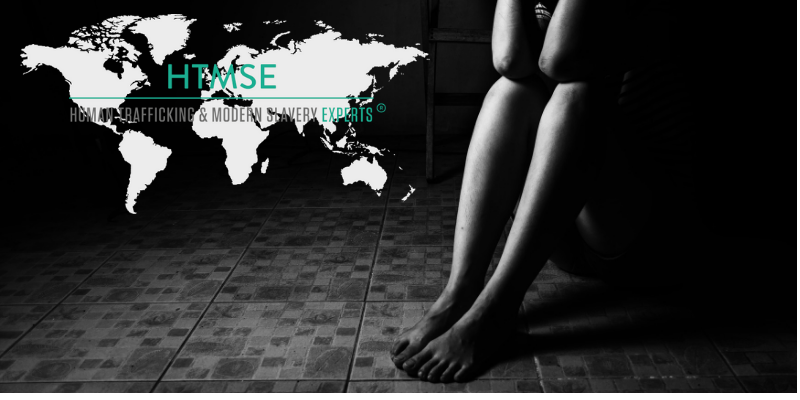
The UK, Australia, Canada, New Zealand and the USA have made progress in the movement to expel modern slavery and labour exploitation from global supply chains.
These five partner countries have created a set of 4 principles designed for nations all over the world to adopt, in order to promote ethical supply chain compliance within their jurisdictions. The principles are aimed at policy level, addressing both public and private sector procurement, supply chains, recruitment and encourages the need for cooperation between such actors.
The four principles are as follows:
Governments should take steps to prevent and address human trafficking in government procurement practices
- analyse, develop and implement measures to identify, prevent and reduce the risk of human trafficking in government procurement supply chains
- provide tools and incentives and adopt risk assessment policies and procedures that require their procurement officers and contractors to assess the nature and extent of potential exposure to human trafficking in their supply chains
- take targeted action, including adopting appropriate due diligence processes, to identify, prevent, mitigate, remedy, and account on how they address human trafficking
Governments should encourage the private sector to prevent and address human trafficking in its supply chains
- work in partnership with business, workers and survivors to set clear expectations for private sector entities on their responsibility to conduct appropriate due diligence in their supply chains to identify, prevent and mitigate human trafficking
- provide tools and incentives to the private sector to encourage meaningful action and public reporting of their efforts, including through programmes policies or legislation
Governments should advance responsible recruitment policies and practices
- advance responsible recruitment practices, including by implementing polices that incentivise and support responsible practice, and by support initiatives such as the ‘Employer Pays Principle’
- contribute to the growing knowledge base of promising practices for protecting workers from fraud and exploitation in the recruitment process
Governments should strive for harmonisation
- make reasonable efforts to share information and work with other committed governments to align existing and proposed laws, regulations and polices to combat human trafficking in global supply chains
The UK, leading global efforts in anti-slavery policy, is encouraging governments at the UN General Assembly to adopt these principles. By leveraging the combined $600 billion purchasing power of the partnered nations there is the capital to influence high-level actors in both public and private sectors.
The principles provide a clear and progressive framework for cooperating governments to aim towards. The major drawback, however, is the lack of enforcement of these principles, which in many instances is controlled by legislation. However, for these principles to be effective in practice rather than theory, strict and coherent sanctions are critical. The further challenge is to address cross border transactions, and encourage non-cooperative countries that produce the majority of global slavery statistics to adopt and enforce such principles.
